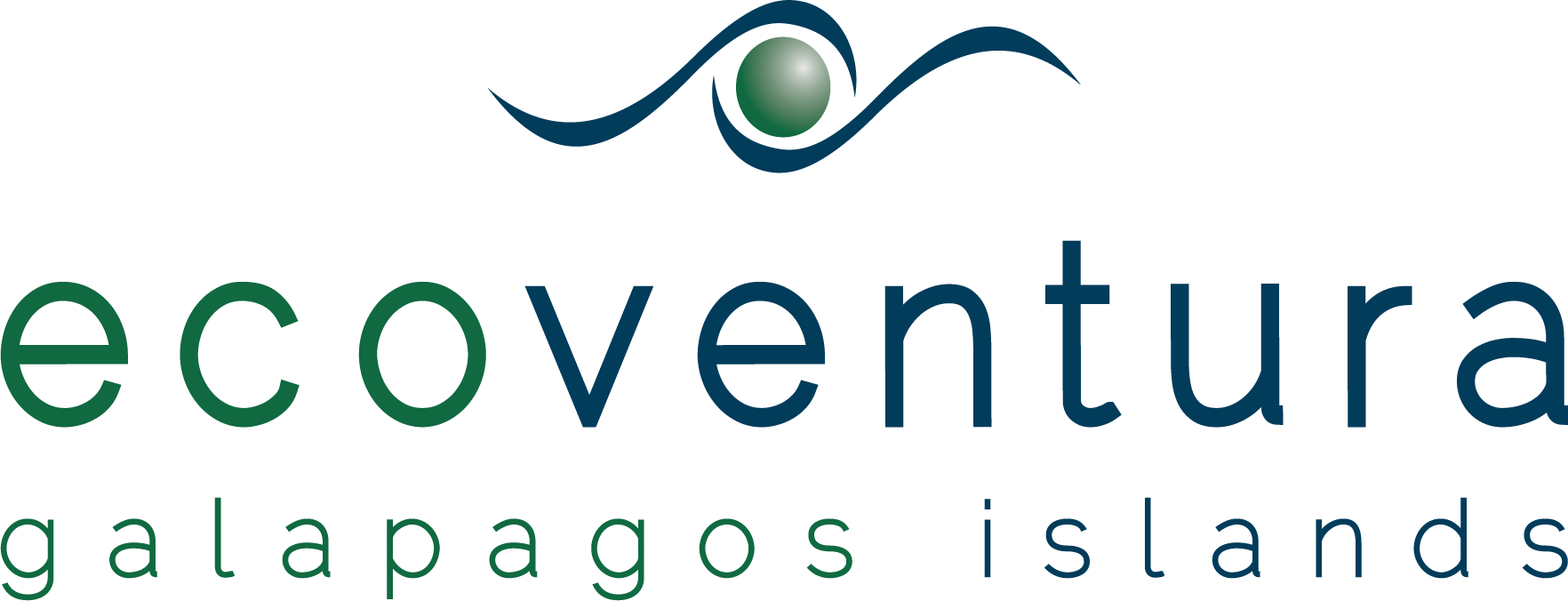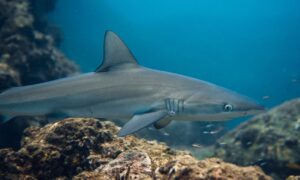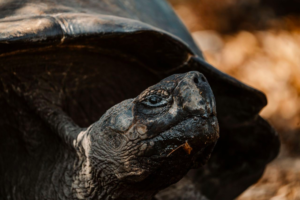Since 2017, through the establishment of the Galapagos Biodiversity & Education for Sustainability Fund (GBESF), Santiago Dunn, CEO of Ecoventura, has been at the forefront of championing the Charles Darwin Foundation’s efforts to preserve and protect the Galapagos Islands. This partnership represents a beacon of hope and action in the global endeavor to protect our planet’s precious ecosystems.
“This dedication extends beyond our operations, so in 2017 we formally established the Galapagos Biodiversity & Education for Sustainability Fund in partnership with the Charles Darwin Foundation. The fund supports scientific research projects and projects related to monitoring and surveillance implemented by the Galapagos National Park.” explains Santiago during an interview with the CDF featured in the Donor Spotlight of Pristine Galapagos News.
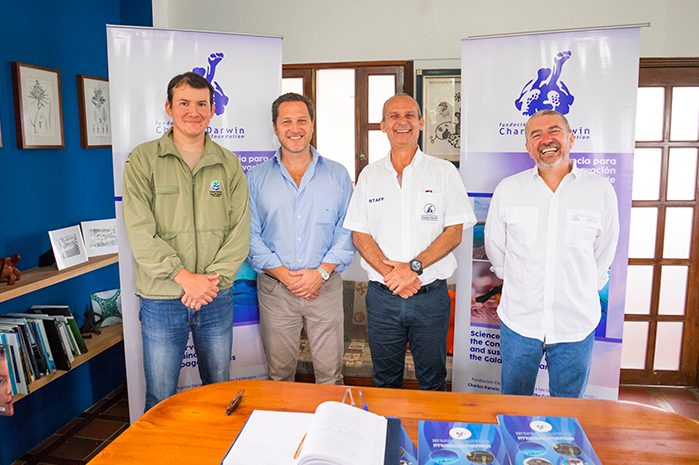
An ongoing commitment and collaboration
The recent inauguration of a new control booth in the Las Grietas visitor area, near Puerto Ayora on Santa Cruz Island, marks a significant milestone in our continuous collaboration with the CDF, as the implementation of this project was made possible thanks to the support and funding from Ecoventura, within the framework of the “Galápagos Sustainability and Biodiversity Education Fund”.
The facility, unveiled on November 21 by Danny Rueda Córdova, Director of the Galápagos National Park, stands as a testament to the commitment of improving the effective management of visitor flow and the various activities taking place in the area, all while safeguarding the ecological integrity of the site by preventing the entry of introduced species.
“Our objective to protect and conserve the Galapagos Islands has been a truly fulfilling journey, and I am dedicated to continuing our efforts with the Charles Darwin Foundation to help safeguard this extraordinary treasure for years to come.” says Santiago.
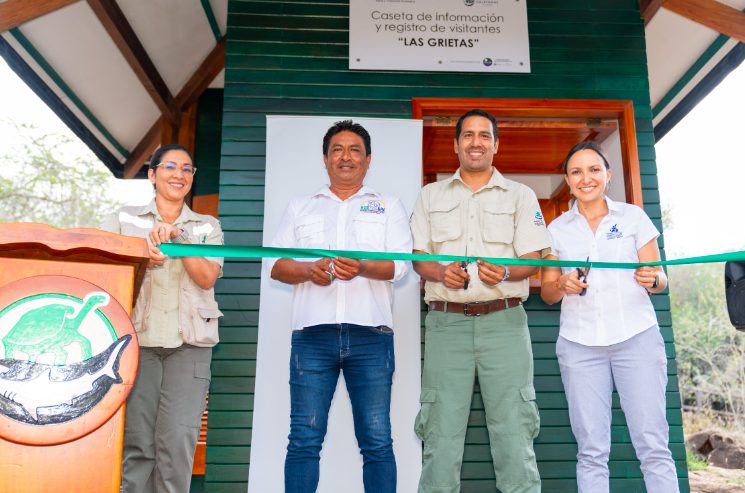
Recent projects supported by Ecoventura through the Galapagos Biodiversity & Education for Sustainability Fund
Since 2021, the GBESF has been a cornerstone of the CDF’s commitment to education and sustainability, fostering the Fernando Ortiz Crespo Program. This esteemed program empowers promising local scholars with the opportunity to pursue university degrees that will contribute to the stewardship of the Galapagos Islands. The first scholarship was awarded over two years ago to Andrew Larrea, a local biotechnology student who is currently studying and volunteering with the CDF to analyze the health of giant tortoises.
In parallel, Ecoventura’s partnership with ECOS—an offshoot of Ecology Project International based in Ecuador—has been key in cultivating environmental education within the local communities. ECOS encourages sustainable, responsible, active community involvement via its long-term vision through reflective, informative educational experiences, creating a lasting positive impact on the local community and environment.
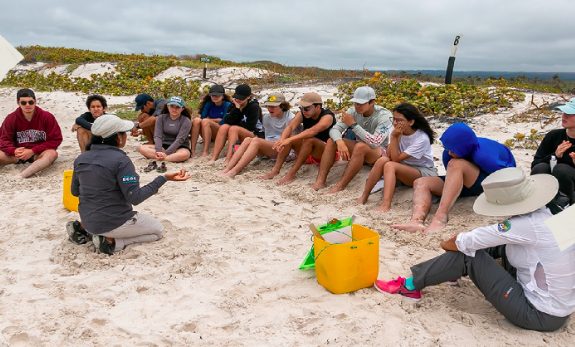
Moreover, the Student Participation Program, hosted for students from San Cristóbal’s Ignacio Hernández Educational School, offers an immersive learning experience to delve into the islands’ remarkable biodiversity. These experiential sessions are designed not only to impart conservation knowledge but also to inspire students to envision themselves as proactive contributors to the enduring legacy of the Galapagos.
Ecoventura funds the Charles Darwin Foundation programs to protect the Galapagos
In November 2022, Ecoventura donated a 7-night cruise for 20 guests to charter our luxury yacht Theory. This was the first major donor cruise since the pandemic, made possible thanks to the generous support from the Gordon and Betty Moore Foundation and Ecoventura. Representatives from the Wyss Foundation, Bezos Earth Fund, Gordon and Betty Moore Foundation, and major anonymous donors joined the voyage. Following the cruise, the Moore Foundation and Bezos Earth Fund generously pledged a $2 million initial investment in the CDF’s Deep-Sea Research Program, which will pave the way for the establishment of a regional hub for deep-water research based at the Charles Darwin Research Station.
Grants for deep ocean exploration & discovery of deep-water coral reefs
In a significant development for marine conservation, the Charles Darwin Foundation (CDF) announced receiving a substantial financial boost for their deep ocean conservation projects in the Eastern Tropical Pacific (ETP). This comes courtesy of a generous $7 million donation, with contributions from the Bezos Earth Fund ($5 million) and the Gordon and Betty Moore Foundation ($2 million). This funding will propel crucial exploration and scientific research in the ETP’s deep-water areas, including seamounts and other unique underwater features; and will facilitate improved, multi-national management of these vital deep-ocean environments.
The ETP is home to a hidden treasure trove of deep-sea ecosystems, spanning remarkable depths ranging from 200 to 3800 meters. These underwater environments are connected by a complex network of currents, seamounts, tectonic plates, submerged islands, and towering underwater pinnacles. Together, they form what is arguably the most expansive living space on Earth. These deep-ocean ecosystems are crucial, playing a key role in global climate regulation and providing essential resources and services worldwide. Despite their importance, they still face numerous threats, such as overfishing, climate change, and potential deep-sea mining activities. This new initiative aims to address these challenges and safeguard these critical marine environments.
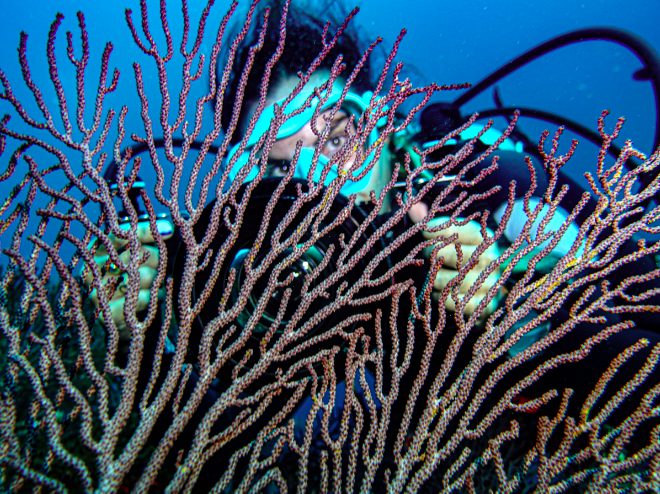
Stunning 800-meter long coral reef discovered with Schmidt Ocean Institute’s underwater robot off Galapagos Islands
In 2023, marine scientists made a groundbreaking discovery in the ocean’s depths surrounding the Galapagos Islands. While conducting research aboard the vessel Falkor, they used an advanced 4,500-meter capable underwater robot, ROV SuBastian, to explore underwater cliff ecosystems. Their exploration led to uncovering two previously unknown coral reefs in the Galápagos Islands Marine Reserve. These cold-water reefs, found at depths between 370 and 420 meters, broaden our knowledge of the deep-sea ecosystems within this protected marine area.
The larger of these two coral reefs is an astounding 800 meters long, about the length of eight standard football fields. The second reef, though smaller, still impressively stretches 250 meters. These reefs boast a diverse array of stony coral species, hinting at their longstanding role in nurturing marine life, potentially for millennia. This significant find comes on the heels of the first discovery of deep coral reefs in the Galápagos Marine Reserve earlier in April 2023, made by scientists from the Woods Hole Oceanographic Institution aboard the R/V Atlantis using the HOV Alvin submersible.
Through continued collaboration, education, and proactive stewardship, we stand more committed than ever to safeguard the Galapagos’ and our planet’s natural heritage for generations to come. Each effort, from nurturing the minds of local scholars to the implementation of groundbreaking conservation projects, is a step towards ensuring that the wonders of the Galapagos endure.
